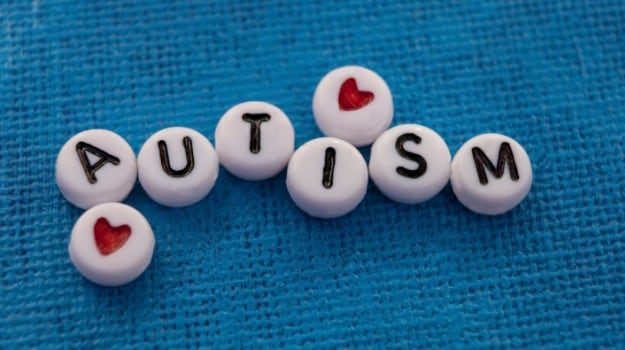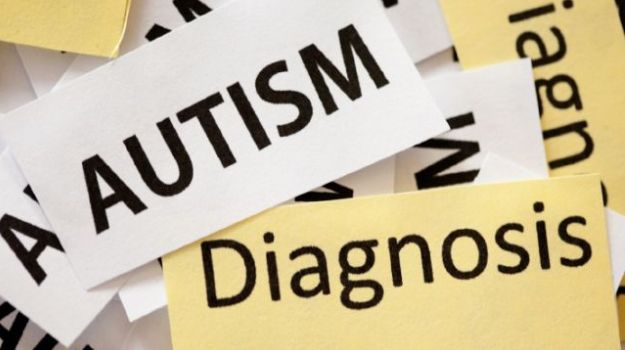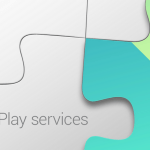
Autism is a neurological disorder associated with the development of brain and its various cognitive functions. Medical researchers are still trying to tap the exact cause of the disease. In most cases, autism is seen as a heritable condition, associated with genetic mutation and a host of environmental factors. Experts also suggest lack of proper oxygen supply to fetus’ brain to trigger the condition. The ailment may establish between infancy to early childhood. Usually most diagnoses as established early as 2 or 3 years of age.
Every year, April is observed as the World Autism Month with 2nd April celebrated as the World Autism Day. The aim is always to understand the disease better, try and analyse the underlying factors behind the disease and ways to manage it well and cope with it. Autism is the world’s third most common development disorder. National Autistic Society estimates every one in 100 people as autistic. Centers for Disease Control and Prevention, United States, suggests 1 in every 68 American children to be suffering from autism, whereas close to 15 million people suffer from autism in India at present.
This autism month, let us join hands to get to know the disease better, so that we are able to arm ourselves better to tackle and cope with. Here are some quick points you must keep in mind.
1. The ailment differs from person to person. No two people with autism will show the same characteristics.
2. Autism impairs a person’s overall development of various skills and prevents all of them to be in sync. Some may have rapidly developed cognitive skills but poor behavioural skills or impaired motor skills.

3. Many are irritable to light or noise while some others may find social interaction difficult.
4. People with autism may find an affinity toward routine. They often depict a tendency to cling on to a person, place, routine or a physical act like rocking, ticking et cetera.
5. People with autism are usually socially deficit. They may find some of the simplest things perplexing. The condition also comes coupled with a lack of reciprocity and a disconnect between cognitive and motor skills.
Early signs
Identify some of the symptoms at the earliest. Look for lack of gestural or verbal activity in the newborn. Infants with autism usually show no signs of gesturing or babbling by a year of their birth. If your kid faces difficultly in forming phrases or words by the age of two, consult a pediatrician immediately.
How to cope
At present, autism has no cure – it is a lifetime ailment. Therefore, it requires lot of patience, love and courage to bring up an autistic child. Every autistic person is different from the other. Some may exhibit highly aggressive behaviour while others may keep overly secluded and aloof. A mix of behavioural and psychological therapies can help make the journey easier. A distinct focus on social and occupational skills is also of the utmost importance.
Never forget, with proper therapies and timely intervention autism can be managed well. Many kids even go on to attend mainstream schools. Again, a mix of behavioural, occupational, social, psychological therapies should be tailor-made for every autistic individual. An autistic child needs special care and extra attention, ensure that no aspect of their personal development is left unattended.
[“source-ndtv”]



